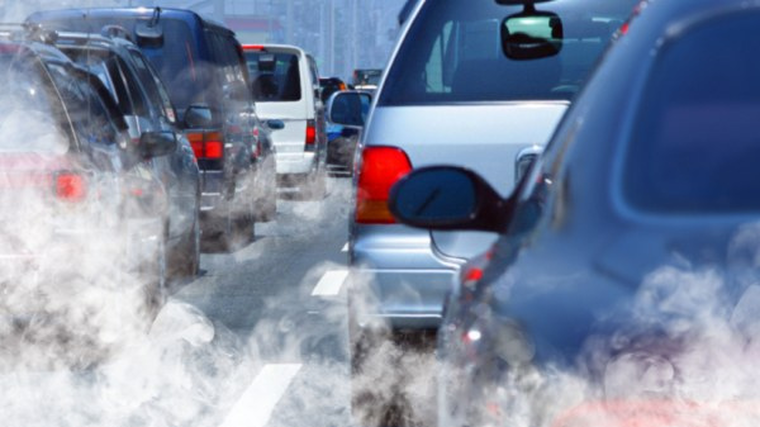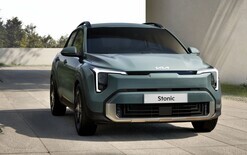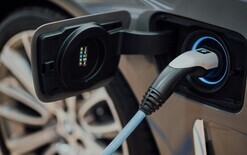Emissions back on agenda

Labour’s election victory means that by 2025 the average imported vehicle New Zealanders will be able to purchase in terms of carbon-dioxide (CO2) emissions will be something like a 1.2-litre manual Suzuki Swift GL.
With emissions of 106g of CO2 per kilometre, it’s above the target of 105g/km that the government will require new and used car imports average by 2025 under its commitment to a clean car standard, as detailed in September in its energy policy.
Otherwise, there are plenty of larger hybrids – such as Toyota’s Next-Gen RAV4 – that come in at 105g/km and many full electric vehicles (EVs) with zero emissions.
Car dealers will still be able to import much less fuel-efficient cars after 2025 under Labour’s policy, reports Stuff.
But if they do, they will need to be offset by another import, such as an EV, to maintain the 105g/km average.
Tony Everett, sector manager – dealers at the Motor Trade Association (MTA), says the clean car standard will decrease the cost of low-emission vehicles, including EVs, and increase the price of higher emitters.
That means the policy will have a similar impact to the feebate scheme championed by the Greens, which a Labour spokesman confirmed prior to the election “has not been a Labour policy”.
The feebate scheme had been proposed as an adjunct to the clean car standard before both reforms were mothballed by the last government because of the opposition of NZ First.
It would have required buyers of high-emission vehicles to subsidise EVs and other low-emission cars directly through a system of surcharges and rebates.
But the clean car standard will require vehicle importers to do the same thing if they want to bring in models over 105g/km, with the difference being the exact shape of those cross-subsidies will be left to the market rather than feebate rules.
While there will be another election before 2025, the clean car standard will start to kick in earlier.
Big change
Labour’s election manifesto committed the party to phasing-in the target gradually, starting in 2021, arguing it would eventually save Kiwis billions of dollars in fuel costs, but reaching 105g/km for imported cars will be a big change for the automotive industry.
The Ministry of Transport estimated the average emissions of the light-vehicle fleet at 176g/km in 2018.
The European Union dropped the average emissions of newly registered cars to 122g/km in 2019 and has set a tougher cap of 95g/km from 2021.
Labour’s energy policy notes Japan achieved average emissions of 105g/km for vehicles entering its fleet back in 2014.
However, Greig Epps, of the MTA, says that notwithstanding climate-change issues, Labour’s 105g/km target for 2025 is going too far, too fast.
“We have been saying we should be looking at Australia where manufacturers have suggested 105g/km by 2030.”
He adds the clean car standard could even be counter-productive if it increased the price imports so much that owners steer away from replacing their existing vehicles.
“There is a broader map that needs to be drawn in the transport space and this is what we are not seeing from the government just yet,” Epps told Stuff. “We need to look at the existing fleet as well.”
That could involve boosting biofuel and natural gas usage and ensuring vehicles have emissions tests every three years at specialist testing stations.
In addition, Japan’s lower emissions figures had been helped by one-third of new car sales now being in the 0.6-litre engine kei class – Epps cannot see these vehicles being widely adopted in this country
Global vision
However, Mark Gilbert, chairman of Drive Electric, says: “We have signed up to all these agreements on emissions and we can’t just hope it is going to sort itself out.”
He describes Labour’s manifesto commitment as “a good start”, but is concerned by speculation it may exclude utes – a major sector in this country’s new-vehicle market.
“We should be encouraging more of what we do want on the road and discouraging what we don’t want, and ‘a tweak here and tweak there’ is time-wasting.”
Gilbert told Stuff he had been informed the industry would agree to 105g/km by 2028 but believed that was “too late”.
“Manufacturers in Europe are building cars to emission standards that are way [better] than what we are achieving here. We need to click in with the rest of the world.”





